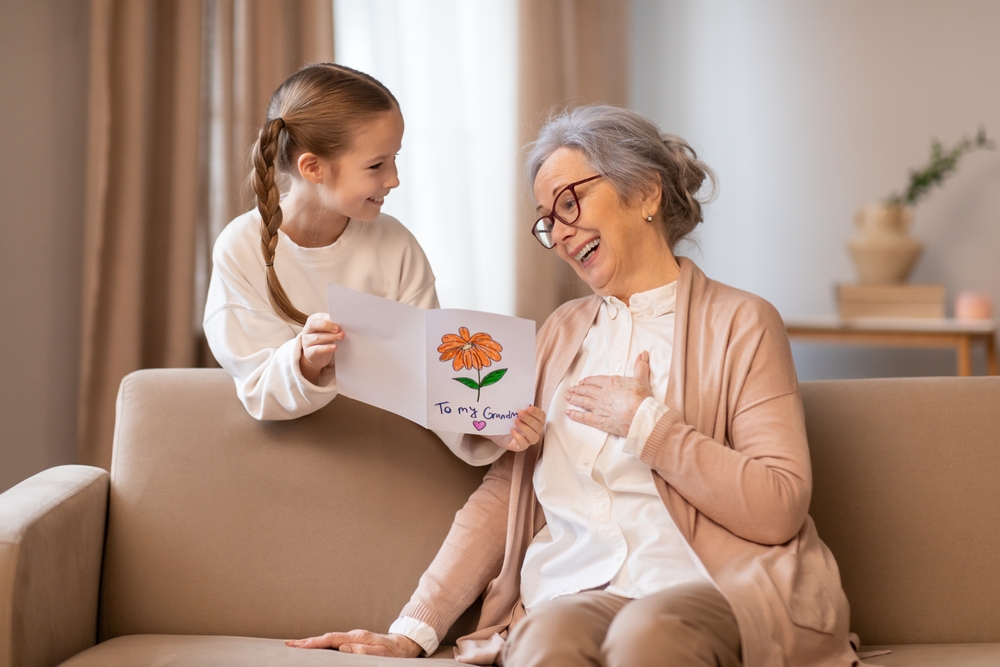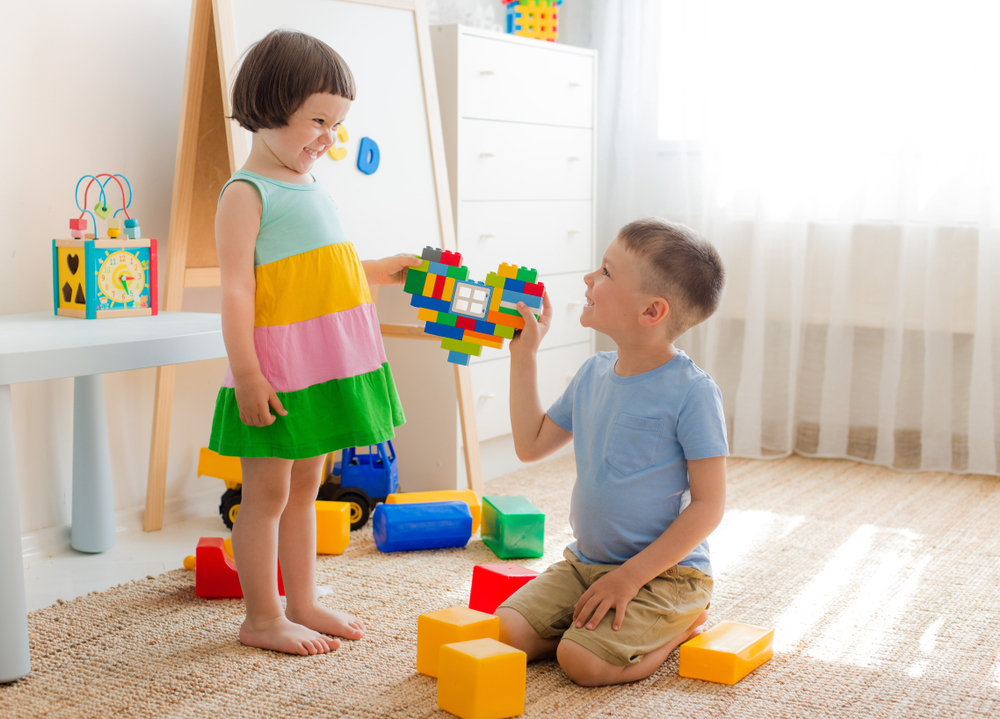Why Kindness Matters in Childhood
Being kind is a valuable lesson to learn from a young age. It is one of the most valuable human qualities anyone can have because it is very powerful for the people we are kind to and for ourselves. Kindness can transform people’s lives and boost our overall health and well-being. If children learn kindness as young as possible, they can understand how being kind can help their lives and other people’s lives and gain an appreciation for being kind as much as possible.
Kindness is more than just instilling good manners in children. It shapes how they see the world and how they interact with others throughout their lives. When children learn to show compassion, they gain the ability to help others when they need it most or just to brighten someone’s day. They can also build their own sense of self-worth and belonging. Children can gain confidence by being kind, and it can help shape their values and outlook on life. Teaching kindness early lays the foundation for empathy, resilience, and stronger relationships that last into adulthood.
The Power of Small Gestures
When it comes to teaching children kindness, many parents and caregivers can be put off because they feel as though acts of kindness have to be the big things. Kindness doesn’t have to focus on the grand gestures or major commitments. It actually starts with the small, everyday acts which can transform someone’s life and spread happiness. A child who learns to share their toys, offer a helping hand, or simply smile at someone who feels left out is practicing kindness in meaningful ways. Teaching your child about these small, yet significant acts of kindness creates the best base for them to learn the importance of being kind. They can understand how it helps others and start to implement it every day. Once your child implements these kind acts every day, they can see how it makes them feel, too and be encouraged to continue putting kindness first. These small actions build into habits, and habits become character. Kindness can slowly go into your child’s personality and values, creating someone who values being kind over other things. Over time, children begin to understand that even the simplest gestures can make a big difference in someone else’s day.

Modeling Kindness as Parents
A great way to teach your little one about kindness is to model it. Children learn a lot from their parents and the people who surround them. They learn by observing the world, and a lot of their world is their parents. They look up to their parents to see how they should behave and what they should do in situations. Parents are children’s biggest and most influential role models.
Because of this, as a parent, you need to demonstrate kindness to them in daily life. Doing this helps reinforce the importance of kindness that you’ve shared in conversations. They can actually see the power of kindness in front of them when you implement it. So, try to offer a kind word to a neighbor, hold the door open for a stranger, or express gratitude. This way, you can show your child that kindness is a way of living and not a concept that is only told to them. You can tell them how great being kind is, but until they see it, they won’t understand it. When parents reflect these behaviors consistently, children absorb them naturally. They begin to see kindness not as something they are told to do but as something they simply are.
Creating Teachable Moments
Opportunities to teach kindness to little ones present themselves in everyday life. There’s always a situation or someone your child interacts with every day where they can practice kindness. It’s just about getting them to notice when kindness is needed and how they can naturally be kind even when it’s not needed. If your little one sees someone struggling, you can gently guide them to offer help. If conflicts come up in the home between siblings or at school with friends, try to encourage your little one to be empathetic by asking them, “How would you feel if that happened to you?” These small conversations help children develop perspective, which is what builds compassion. The more they practice considering others’ feelings, the more naturally they will act with kindness in the future.
Connecting Kindness to the Wider World
As children grow, their understanding of kindness can grow with them. Kids are always changing each time they get a little older, so their values and perceptions of the world change too. Due to this, if they are brought up with kindness being a priority, they can start to grow what kindness means to them. It can go beyond their immediate circle of family and friends. As they grow, kids can start to understand that kindness isn’t only reserved for those they love, it’s also something for strangers too.
If you teach kindness as a core value to your child, you can help them see that kindness is about caring for people they may never meet. This might be through supporting community projects, participating in local volunteer work, or learning about global initiatives. For instance, some families choose to support charities that provide food, education, and shelter for orphans in need, using these opportunities to teach children that their actions can reach far beyond their own neighborhood. Such lessons broaden a child’s sense of responsibility and connection to the wider world.
The Lasting Benefits of Teaching Kindness
Children who learn the value of kindness can develop stronger emotional intelligence. This helps them navigate the world and control their own feelings and responses. It helps them in school, friendships, and in their future when they have a career. They are better equipped to handle conflicts, more willing to collaborate, and more resilient in the face of challenges. Importantly, kindness creates happiness not only for those who receive it but also for those who give it. By encouraging children to act with compassion, parents are also nurturing their sense of joy and fulfillment.
Building a Kinder Future
Every generation has the opportunity to shape the future, and teaching children kindness is one of the most effective ways to make that future brighter. When young people grow up understanding the importance of compassion and helping others, they become adults who contribute to stronger, more caring communities. The everyday lessons children learn now ripple out to other people, influencing the kind of world they will one day be an adult in.
Kindness as a Way of Life
Kindness is not a lesson that can be taught once and then forgotten about. It is a daily practice that children learn through words, actions, and the examples set by those around them. By weaving kindness into everyday life, through small gestures, meaningful conversations, and global awareness, parents and caregivers equip children with one of life’s most important tools.

Leave a Reply